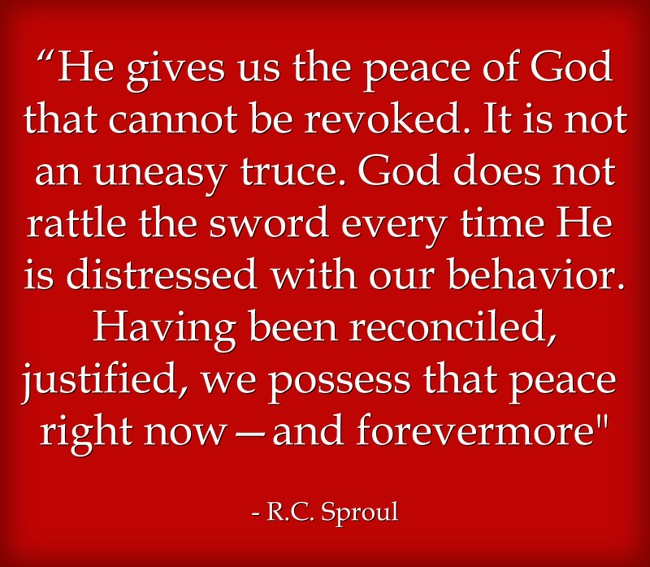Reflecting on Brad Wilcox’s Perspective on Grace
When I was a Latter-day Saint, Brad Wilcox’s talk on grace profoundly shaped my faith. His analogy, comparing grace to a piano lesson, offered a perspective that resonated deeply with me.
David Snell recently interviewed Brad Wilcox on the topic of grace, and even though I am no longer a Latter-day Saint, precisely because of my embrace of grace, I was excited to hear Wilcox reflect on that talk 10 years later.
Just as with the original talk, there was much to appreciate about Wilcox’s remarks. He offers words that will be comforting for many Latter-day Saints struggling for assurance and peace. But on the other hand, he continues to offer a caricature of what Evangelical Protestants actually believe, falsely implying that Evangelicals do not believe in sanctification or the process of becoming more like God. In fact, his caricatures have only grown more extreme and inaccurate.
Marriage and Covenants in Wilcox’s New Analogy
One new detail stood out to me in particular. Wilcox spoke at length about covenants with God as being akin to a marriage relationship. For instance, he analogized baptism to putting on a wedding ring. He contrasted this view with the more impersonal, contractual view of covenants that had long predominated among Latter-day Saints.
I had a mixed reaction listening to this. I think this relational view of covenants as a source of grace is an enormous step forward for Latter-day Saints. The analogy of God’s covenant bond with Israel as a marriage is one of the Bible’s most poignant and powerful. If Latter-day Saints embrace and truly internalize this view, it could be transformational. I genuinely pray that this way of viewing God’s grace increases among the Latter-day Saints.
But my problem with it is that the analogy doesn’t really work very well within the Latter-day Saint paradigm.
The LDS Perspective: A Fragile, Conditional Marriage
If our relationship with God is like a marriage, then for Latter-day Saints, it is a very unhappy and difficult marriage.
For Latter-day Saints, if God is like a spouse, then He is one who holds grudges, makes you pay for all your mistakes, and threatens to divorce you if you step out of line.
• Keep struggling with the same sin? You better believe He is keeping a list and will bring up past sins even after He says that you are forgiven.
• Drink a glass of wine or masturbate? You are sleeping on the (metaphorical) couch tonight.
• Don’t give Him the gifts He wants? You won’t hear the end of it and will be labeled as not “worthy” enough for His love.
• Keep slipping up nd you’ll find yourself cut off and your standing in jeopardy.
Gods grace and peace must be earned and maintained through our good behavior, and we can fall out of it swiftly. It’s the kind of marriage where love is always just out of reach. That kind of relationship is a deeply unsteady and fragile one.
In some ways, it reminds me of the kind of relationship I had with my father. He was a good and caring father in many ways, but he also used threats of disowning me as a weapon. With every mistake it felt like the ground could fall out under me at any moment. And so I could never be assured that I would remain in his grace and favor.
Is this kind of relationship built on fear, performance, and uncertainty really what God intends for his people? Not at all!

A Biblical Perspective: An Unbreakable Union in Christ
That is NOT what our relationship is like with God in light of the new covenant He extends to us through Christ’s death on the cross. The New Covenant in Christ offers a starkly different vision of security and unshakeable union with God.
Right after I listened to Wilcox’s podcast, I happened to read a wonderful quote in R.C. Sproul’s The Power of the Gospel: A Year in Romans that really crystallized what I was thinking about. Sproul describes what a truly Biblical understanding of “grace and peace” is like when we are made part of Christ’s New Covenant:

Our relationship with God is assured. He is not going to threaten to divorce us. He is not going to hold grudges. In fact, His love “keeps no record of wrongs” (1 Corinthians 13:5). He is committed to our union even in our moments of straying and unfaithfulness. He will call us to give Him our all, to love Him, and to serve Him. But He will not reject us or send us to the (metaphorical) couch. Thank God for the steadfast love that He extended to us that “While we were still sinners, Christ died for us,” (Romans 5:8). And praise God that he keeps loving us “with an everlasting love” and “with unfailing kindness.” (Jeremiah 31:3) He keeps extending that steadfast love to us forevermore.
Understanding grace through Christ’s sacrifice has transformed my view of God. It’s no longer a relationship of conditional favor, like my relationship with my father sometimes was, but an unshakable, loving union.


